
Philly entrepreneur Nicole Marquis talks vegan fast food, minimum wage, and a new taqueria in the works
MGO-free, green-energy, plant-based eateries are easy to find in the city. But Nicole saw a niche in the market that she decided to fill: Vegan fast food.
What do Shakespeare and veganism have in common? No, that’s not the setup for a bad punchline, as much as I’m tempted to think of one involving Hamlet and pita (PEDA?) bread. In truth, these seemingly at-odds forces are the backbone behind one of Philly’s most clever food scene entrepreneurs.
Nicole Marquis is Puerto Rican, grew up in Elkins Park and has been in Philadelphia her whole life. She went to Temple for communications and theater, and then to graduate school in California where she studied the Bard and other classical dramatists.
“Like every good actor, I landed in the restaurant industry,” she told AL DÍA on the phone today. “And paid my way through grad school with that.”
It wasn’t until after she graduated and moved to Europe that she discovered her passion. She put down the scripts and began reading about veganism, something she had always practiced but not rigorously investigated. It was then that she realized “it wasn’t just about my health, but about environmentalism and animal ethics.”
Philly’s startup scene, especially with food, has exploded in the last two years. Even MGO-free, green-energy, plant-based eateries are easy to find in the city. But Nicole saw a niche in the market that she decided to fill: Vegan fast food. She spent four years building her business plan for Hip City Veg, which opened in April of 2012.

On its first day of business, the tiny and sparsely decorated eatery on 18th Street had a line all the way to Rittenhouse. They sold out of food by 2 p.m. The next day, Marquis ordered double the amount, and they sold that out by 3 p.m. This went on for a while until they got a better sense of their demand. Within three weeks, Hip City went from six to 23 employees.
“I knew that people wanted a better option for fast food,” Marquis recalls. “But I didn’t really know how hungry people were for plant-based foods in a familiar form.”
That “familiar form” is perhaps the linchpin of her success. When building her business model, Marquis looked at made-to-order hotspots like Chipotle and a West Coast chain called Veggie Grill. But one of her main sources of inspiration has been the most unexpected. She borrowed ideas from McDonald’s menu. The whole gamut of fast food menus, actually. She took concepts like the “crispy chicken ranch” sandwich that everybody knows and created her own plant-based alternatives. The restaurant pays a lot of attention to all fast food trends, but the difference is that everything in Hip City Veg is made to order, and the produce comes in fresh every day, seven days a week. Today, their popular menu items include the Crispy HipCity Ranch, a buffalo portabella sandwich, and even a veganized Philly cheese steak.
Long success story short, the venture proved so successful that Marquis opened up another branch in 2013 near University City. In 2013, investors backed up her idea for an all-vegan bar on a popular block in Center City, giving birth to Charlie was a Sinner.
Even in the way she talks about vegan culture, Marquis makes it clear that she doesn’t fit, nor is she trying to perpetuate, the stereotype of obnoxious in-your-face antics. “I’m a minimalist,” she says. You won’t find anti-meat slogans or a pictures of your Del Val farmers plastered on the walls of her places. In Hip City, there’s just one line about how everything is plant-based and packaging is recyclable.
But confrontation is impossible to avoid.
When the price issue comes up — and it always does — here’s one thing Marquis tries to remember: Price is the number one complaint everywhere. She doesn’t get into debates with all of Hip City’s guests, but tries to gently let them know that they’re trying to serve the cleanest food. Margins are low, and Hip City stays in $11-12 range for a full meal — just slightly more than places like Chipotle.
“No price competes with your classic fast food place,” she says. “But I always tell people that it’s really a political issue. Agriculture is subsidized by the government. That’s why your burger costs a dollar. Food is not that cheap. So when people argue about it, I say why not argue about politics?”
Given her rapidly developing passion for the issues, I wouldn’t be surprised to see Marquis taking the agriculture and fast food lobbyists head-on in Washington. She laughs at this.
“That’s actually something I’d really like to get into eventually,” she says.

As much as people complain about the price and the size of the restaurant space, Marquis never receives complaints about the service — a rare feat for any restaurant, especially in Philly. Part of her business platform is to make sure employees and managers are educated on the food, and that they’re passionate about what they do.
She doesn’t want to give a boilerplate answer when it comes to employee wages. Marquis is open about that fact that she wishes she could pay more. "Even if the fast food industry pays $7.75 an hour and I were paying $12 an hour," she says, "I still don't think that’s a livable wage for the amount of work."
At the moment, Hip City employs a number of students and part-time workers. She makes sure she understands where her employees are coming from and that they’re not depending on this one paycheck to support their lives.
“My dream is to be the best company to work for, and the way I do that right now is I provide benefits on all my managers who are depending on this income to support them. I make it a career for them.”
Paid time off, vacation time — the whole package. She says the exciting thing about a startup is that you can get in on the ground floor, and that as the owner she tries to view the industry standard and go above it. Lo and behold, the chain is competing both in terms of business and employee satisfaction. The employees do it because, in their words, they want to serve a “compassionate diet.”
People, planet, profit. That’s her triple bottom line.
It’s no big secret that Marquis isn’t stopping with just two vegan fast food joints and a bar. The message has already gotten around that she’s opening up a taqueria — a casual Latin eat-in bar hybrid inspired by her love of Latino flavors. Still, she doesn’t want to disclose too much about the new venue or its menu, as they haven’t even settled on a name yet. One things for certain: there will be plenty of tequila and mezcal.


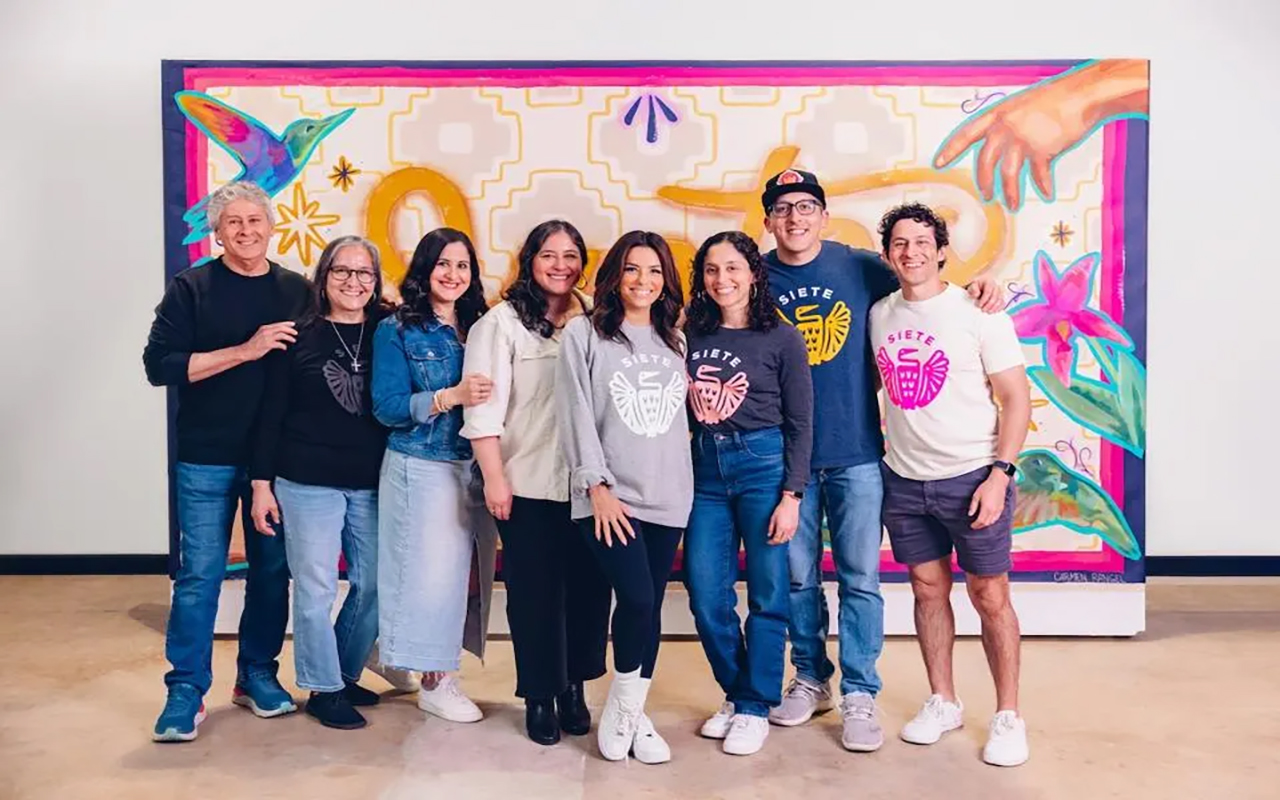

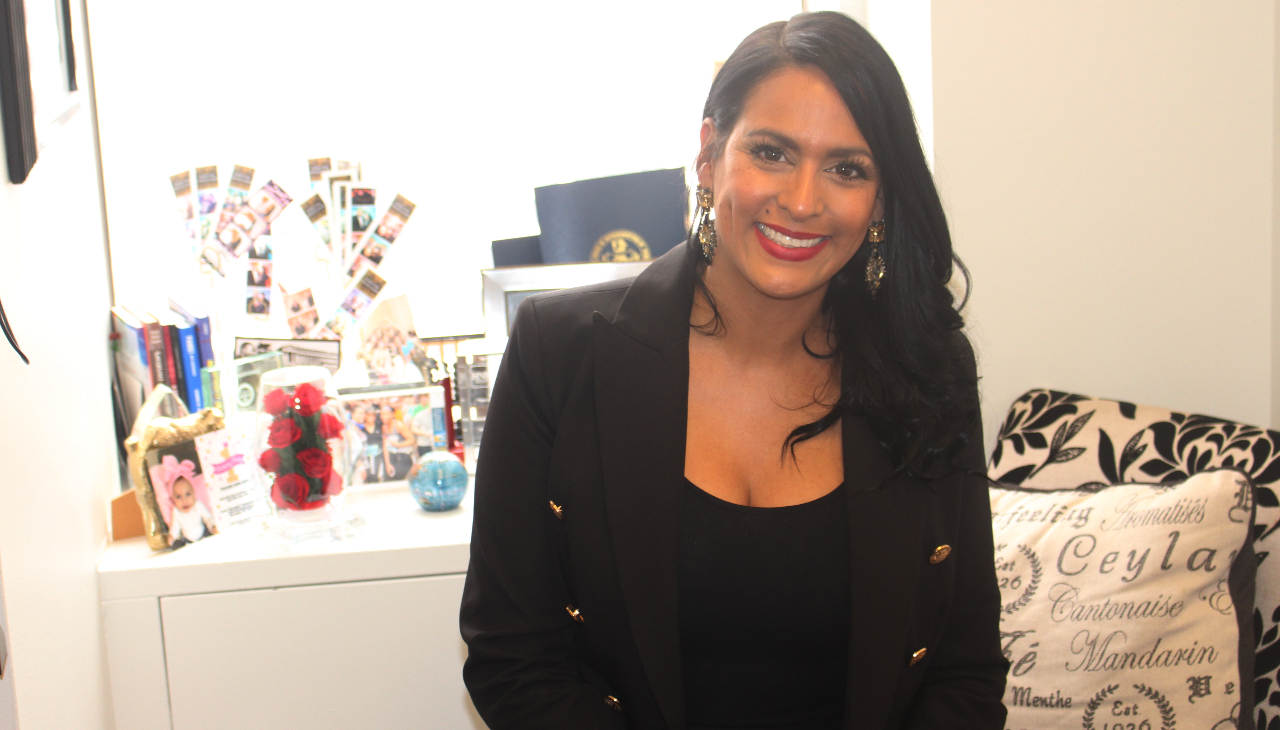
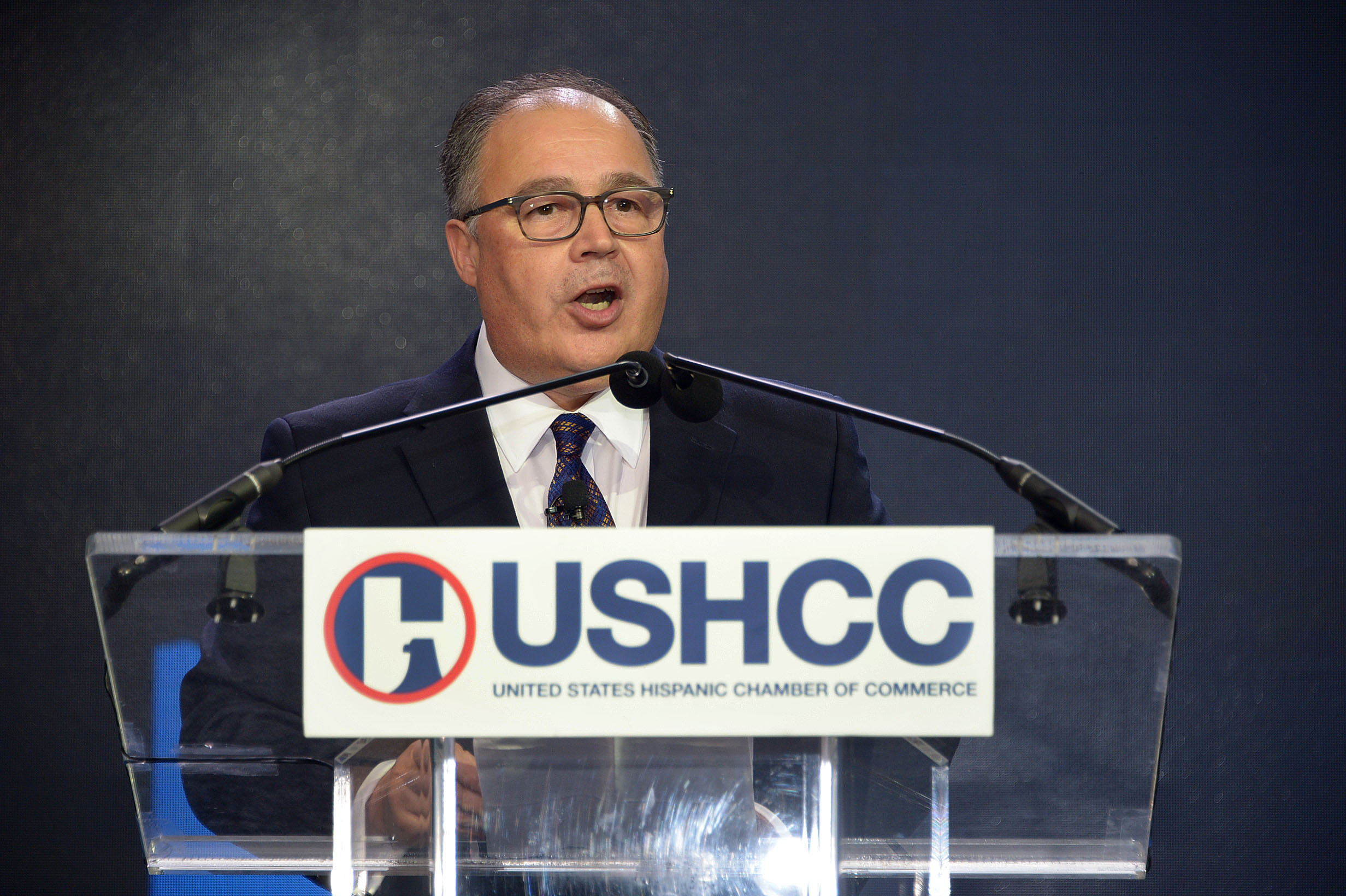
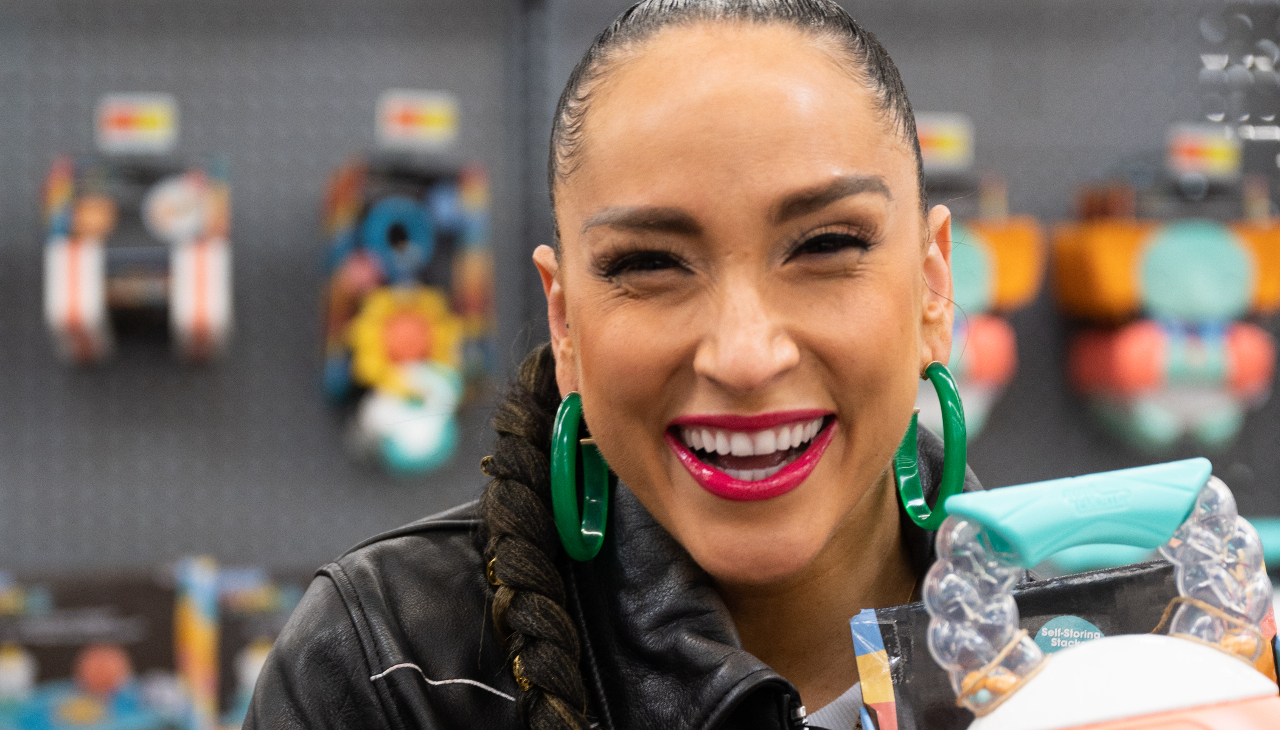
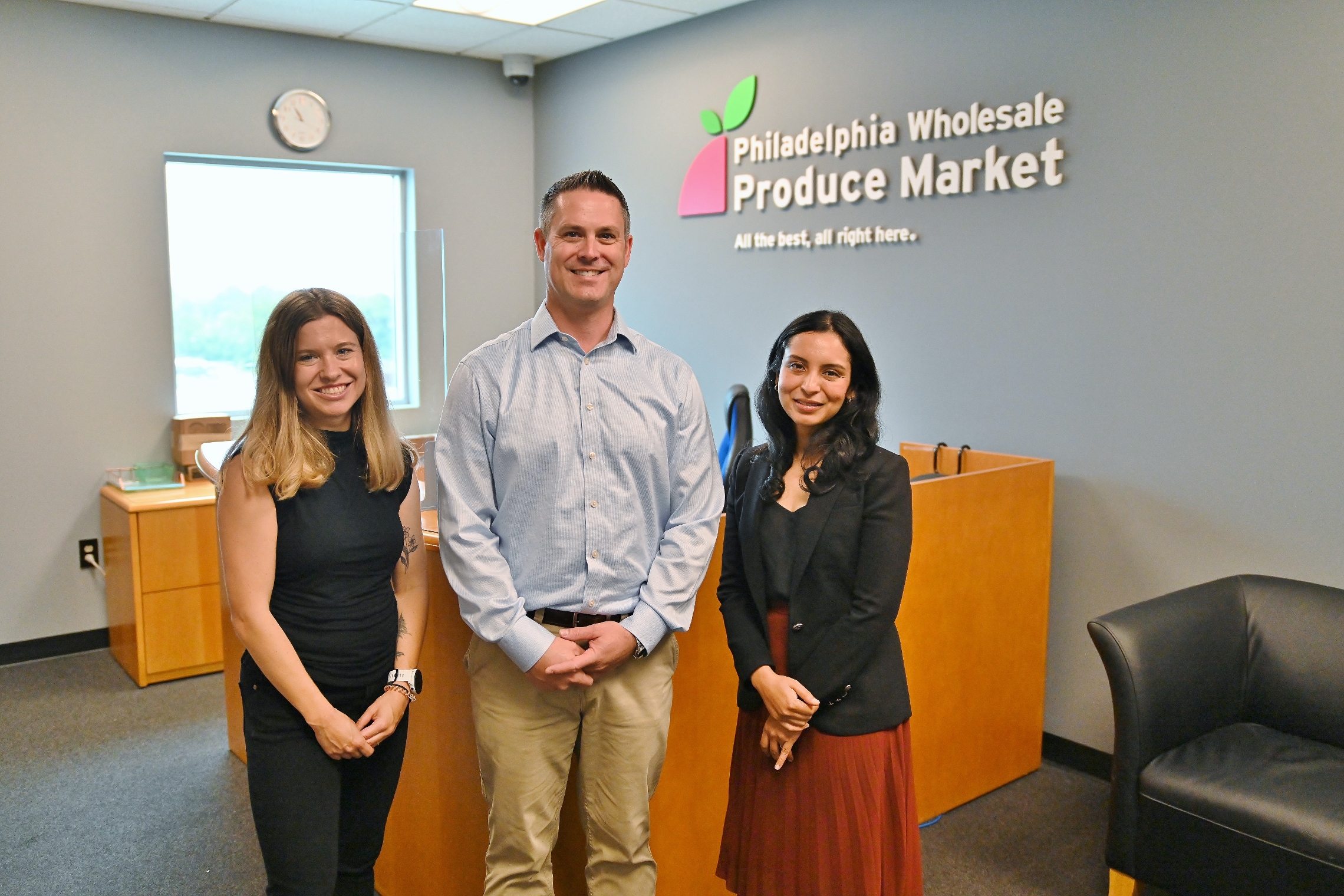


LEAVE A COMMENT:
Join the discussion! Leave a comment.